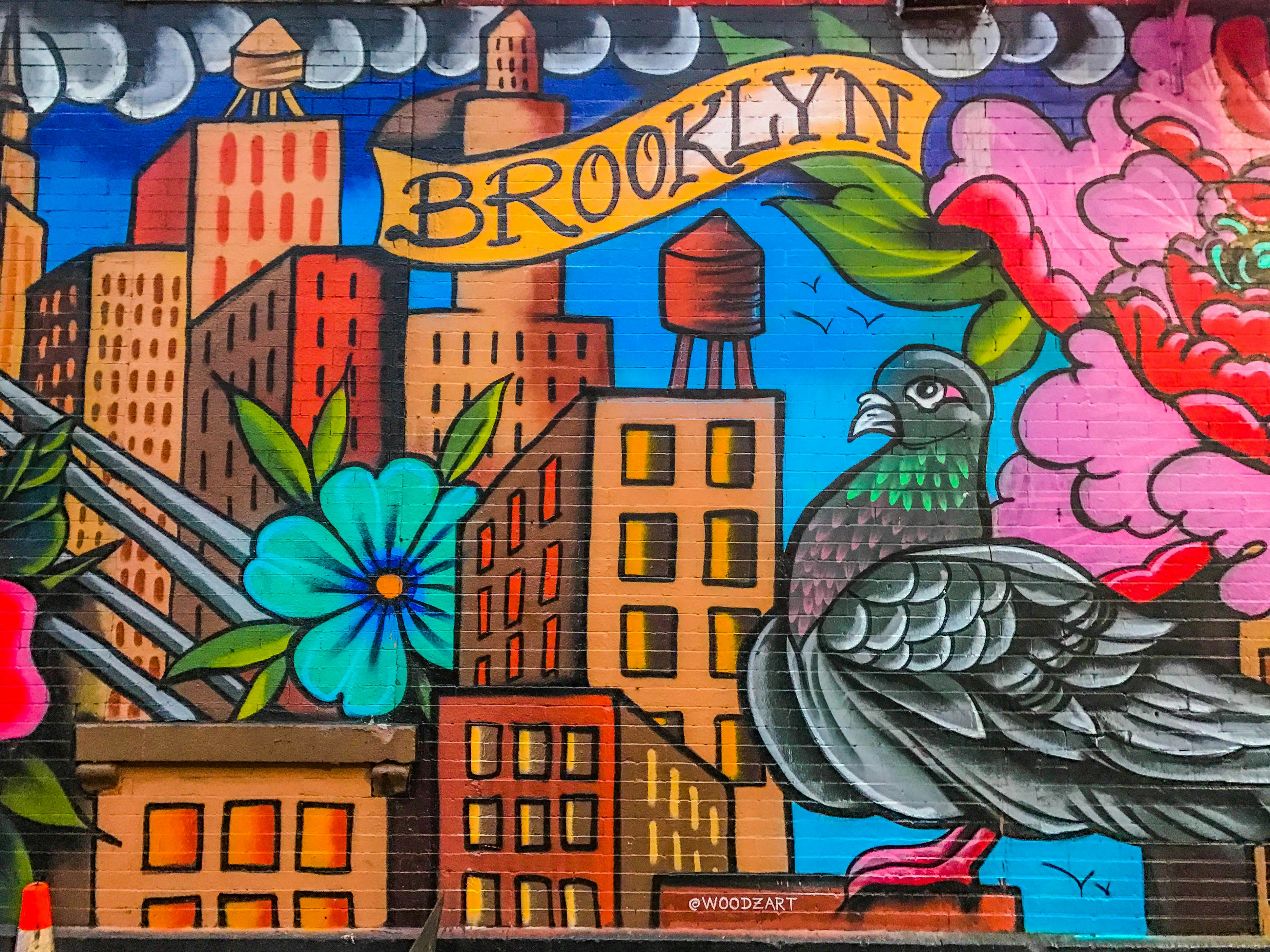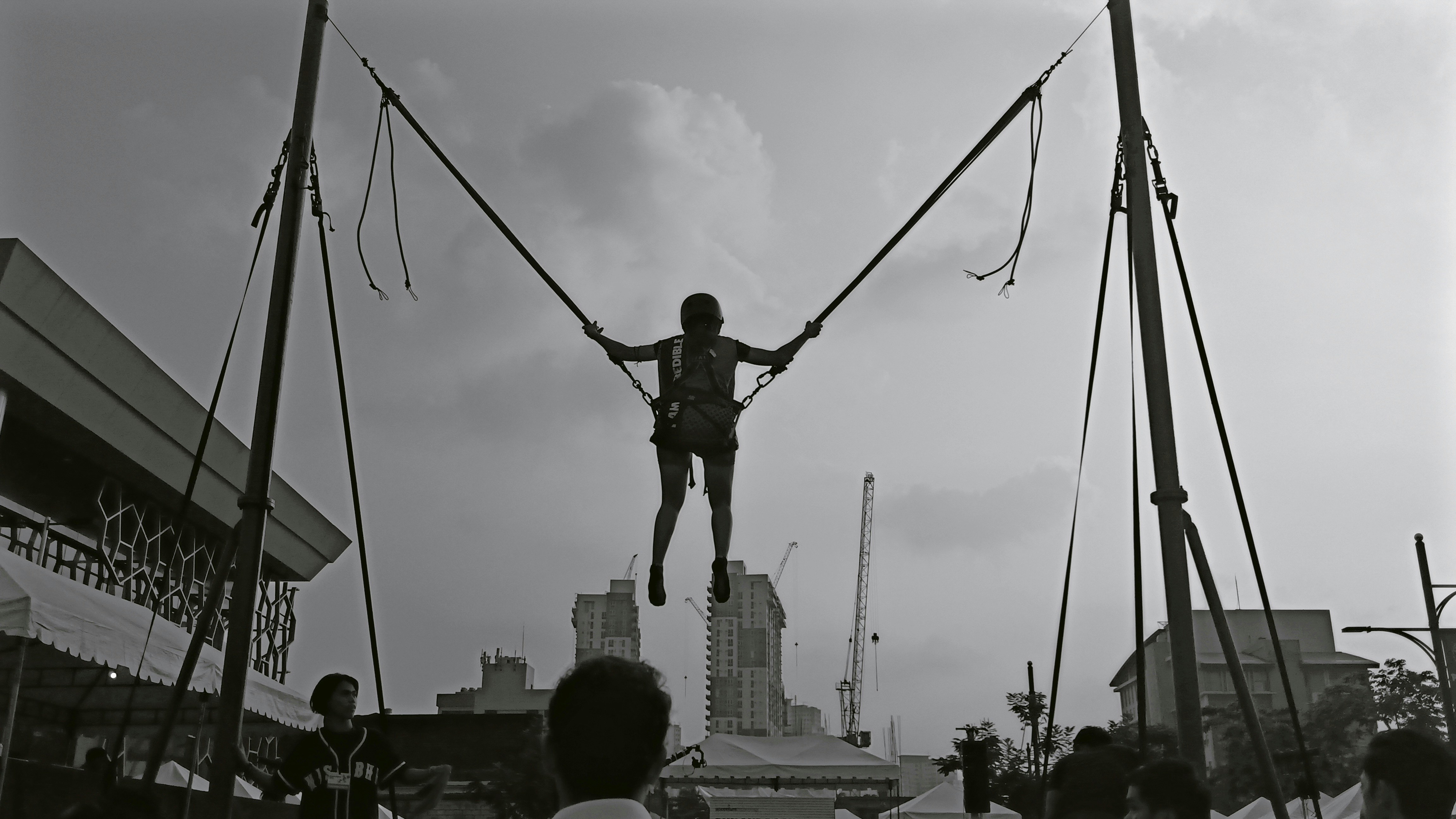Understanding Antwerp’s Cultural Context
Antwerp, one of Belgium’s most vibrant cities, is defined by its rich historical tapestry woven from diverse cultural threads. Founded as a strategic trading hub, its legacy spans centuries, drawing influences from various groups, including Flemish locals and immigrant populations. This cultural amalgamation has profoundly impacted the social dynamics of the city, shaping the interpersonal behaviors and attitudes of the Antwerp people.
Historically, Antwerp was a significant port and remained a key center for trade and commerce, inviting merchants and artisans from around the globe. This influx of cultural diversity introduced different customs, languages, and lifestyles, fundamentally altering the social fabric of the city. As a result, the contemporary residents of Antwerp often embody a blend of local Flemish traditions and the customs of various immigrant communities. This synthesis creates an atmosphere in which multicultural exchange thrives, influencing how people interact with one another.
Moreover, the city’s commitment to the arts has played a crucial role in shaping its personality. Antwerp has been home to renowned artists and thinkers, fostering an environment that values creativity and open-mindedness. Artistic expression, whether through visual arts, music, or cuisine, often serves as a unifying force, enabling connections among individuals from different backgrounds. This cultural richness contributes not only to the warmth and friendliness of its populace but also promotes tolerance and inclusivity.
In light of this diverse cultural context, it becomes evident that the social conduct of Antwerp’s inhabitants is influenced by their historical legacy and the vibrant mix of narratives that coexist. The melding of traditions and the enduring spirit of collaboration amongst various communities help cultivate an overall demeanor that many characterize as friendly. Thus, understanding this intricate cultural backdrop is essential for grasping the nature of social interactions within Antwerp.
General Attitudes and Hospitality
The perception of friendliness among the residents of Antwerp is often shaped by cultural nuances and local interactions. Antwerp, being a major city in Belgium, is characterized by a blend of its historical significance and modern vibrancy, which influences the demeanor of its inhabitants. Studies suggest that people in Antwerp typically exhibit a welcoming attitude, especially towards tourists and newcomers. This hospitality is frequently manifested in daily encounters, whether it’s in shops, restaurants, or at public events.
In retail establishments, for example, shopkeepers in Antwerp are generally approachable and willing to assist customers. They often greet patrons with a smile and are keen to share recommendations about local products, reflecting a spirit of community engagement. This contrasts with reported experiences in other Belgian cities such as Brussels, where interactions may be less personal due to the city’s international nature and fast pace of life. In Antwerp, the focus tends to be on creating a more intimate shopping experience, underscoring a deeper connection between residents and visitors alike.
Dining establishments in Antwerp similarly exhibit a culture of hospitality. Restaurant staff are known for their attentive service, often taking the time to converse with guests, fostering a warm and inviting atmosphere. Local anecdotes reflect how residents take pride in their culinary scene, often encouraging patrons to savor local delicacies while sharing stories of Antwerp’s rich history and traditions. This heightened sense of welcome contributes to a sense of belonging that distinguishes Antwerp from its neighboring cities, like Ghent or Bruges, where interactions may be more formal and less spontaneous.
Overall, the general attitude of the people of Antwerp is characterized by warmth and openness, resulting in an environment that encourages friendliness and hospitality. When one navigates through the city’s streets and interactions, it is clear that the residents value community and foster an inviting atmosphere, making Antwerp a unique destination in Belgium.
Social Interactions: Everyday Experiences
Antwerp, known for its rich history and vibrant culture, offers a welcoming atmosphere when it comes to social interactions. As one traverses the city’s streets, or relaxes in its numerous cafés and parks, the warmth of the locals becomes evident. Residents frequently engage in friendly banter, whether at a coffee shop or during leisurely strolls in parks. This open demeanor often extends to tourists and newcomers, fostering an environment where relationships can flourish.
Visitors often report feeling at home amidst the city’s charming architecture and lively market squares. An American tourist recounted her experience at a local café, where the barista not only took the time to recommend pastries but also engaged her in conversation about the city’s history. Such interactions are common, illustrating the eagerness of locals to share their love for Antwerp. The communal tables in many cafés further encourage conversations among strangers, creating a sense of community that transcends barriers.
Moreover, parks such as the Queen Astrid Park serve as social hubs where locals gather for relaxation and recreation. Individuals of all ages may be seen enjoying the green space, often sharing smiles or greetings with those nearby. A local resident reflected on how spontaneous conversations often occur when enjoying picnics or outdoor activities, reinforcing the idea that Antwerp’s public spaces act as catalysts for social engagement.
While it’s essential to acknowledge that individual experiences may vary, many testimonials underline the general friendliness and openness of Antwerp’s residents. Whether through small gestures or lively discussions, the city’s social fabric is woven with threads of kindness and welcome. The amiable nature of the locals plays a significant role in making Antwerp a delightful destination for travelers seeking authentic experiences and meaningful interactions.
Challenges and Stereotypes
While the general perception of friendliness may be favorable in Antwerp, several challenges and stereotypes contribute to a more nuanced understanding of social interactions in this Belgian city. Many visitors and newcomers might experience instances where locals appear reserved or distant. This behavior can be interpreted as unfriendliness, yet it often reflects cultural norms that govern social interactions within the region. Belgians, including those from Antwerp, may prioritize privacy and personal space in their daily lives, which can lead to misunderstandings among those unfamiliar with these practices.
Language barriers further complicate these interpersonal dynamics. Although many Antwerpians are fluent in English and willing to engage in conversation, not everyone possesses the same level of proficiency. Visitors attempting to communicate in French or Dutch may find it more challenging to connect with locals, leading to perceived aloofness. In fact, linguistic diversity within Belgium can result in an environment where individuals may feel hesitant to initiate conversations due to uncertainty around language fluency. As such, fostering meaningful connections might require patience and effort from both parties.
Additionally, cultural differences play a significant role in shaping social interactions. Antwerp is a melting pot of various nationalities and backgrounds, and while this multiculturalism enriches the city, it can also give rise to misconceptions about friendliness. Locals may not engage in small talk or overt expressions of warmth, which can come across as standoffishness to newcomers. However, these behaviors are not necessarily indicative of unwelcoming attitudes; often, they stem from cultural habits that discourage superficial interactions. Thus, it’s essential to approach interactions with an understanding of these variances in communication styles to better appreciate the social landscape of Antwerp.




